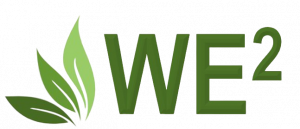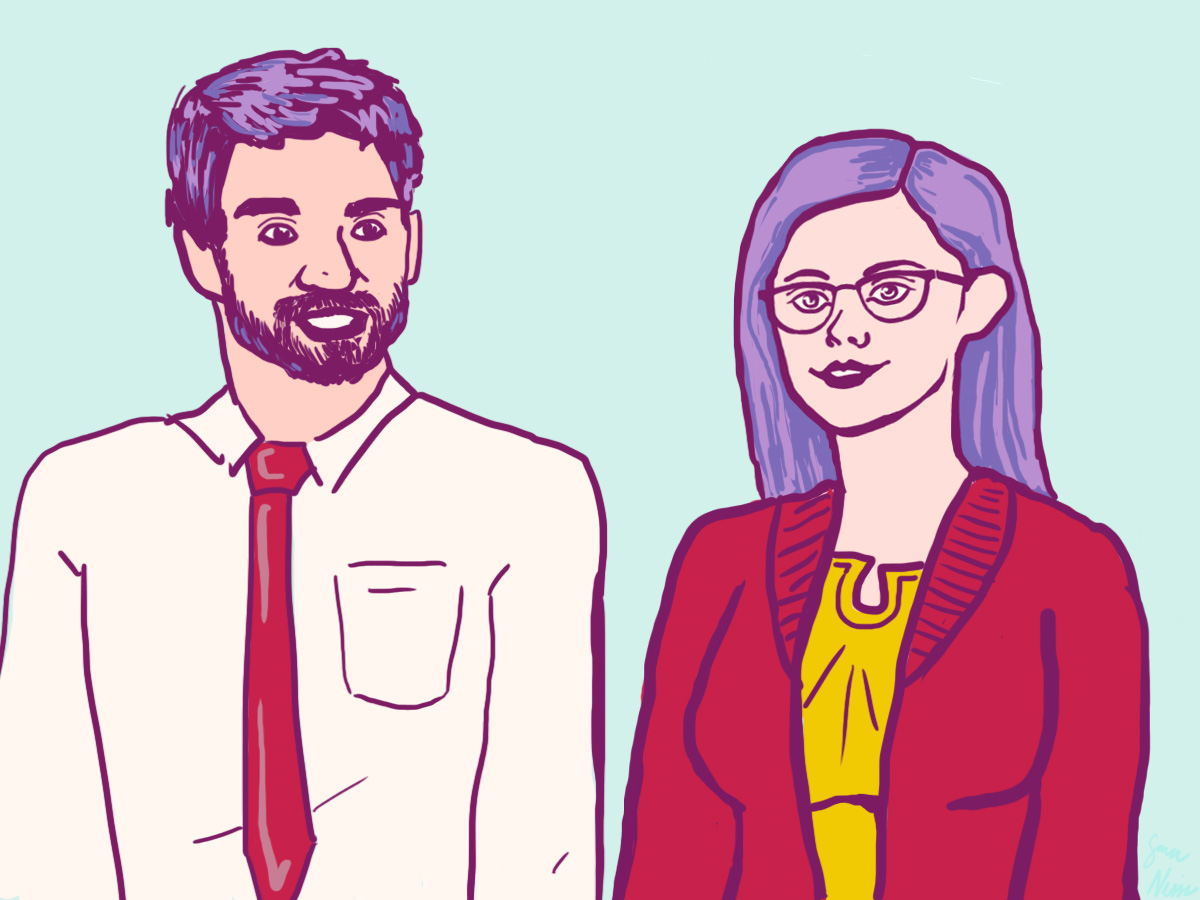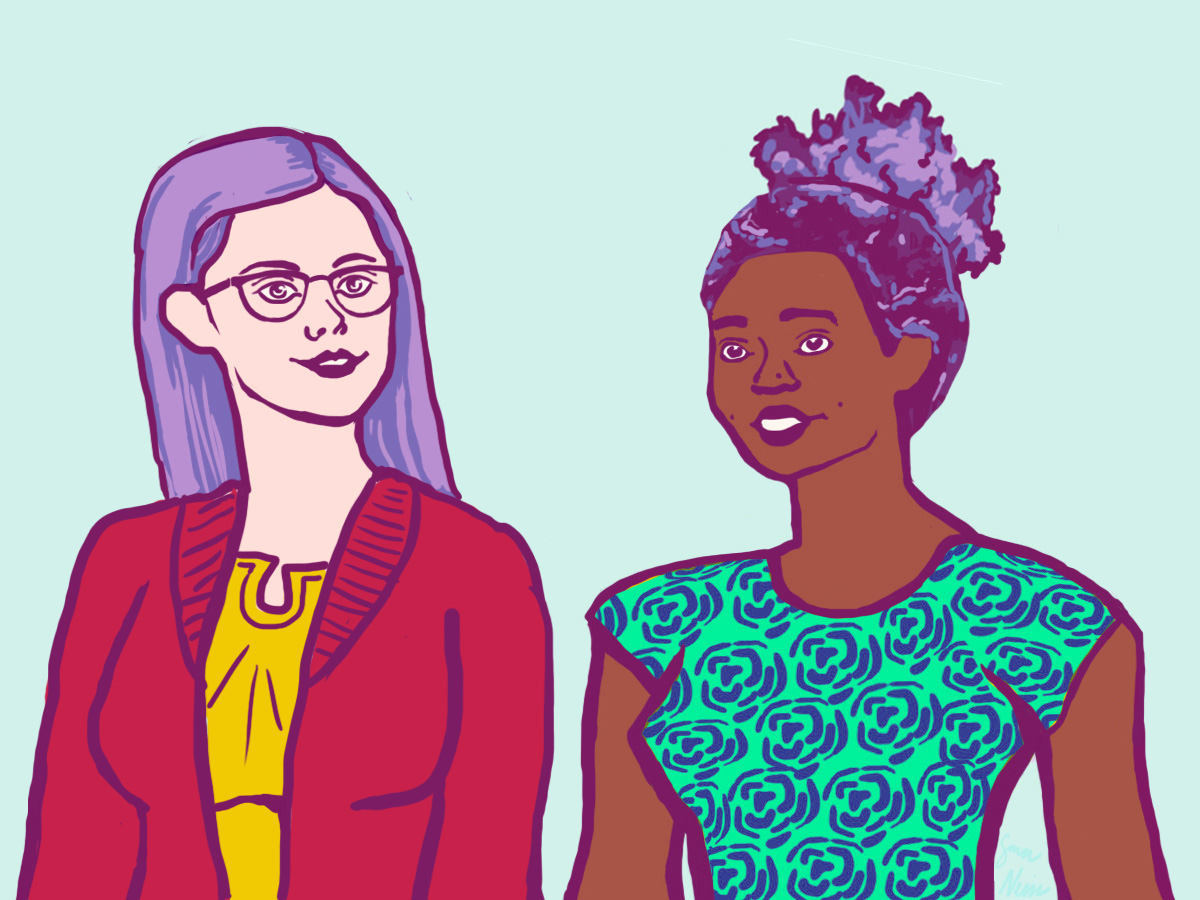 Becoming a Better Ally
Becoming a Better Ally
What is an Ally?
In social justice work, the term ally is often defined as a person who uses their privilege to advocate on behalf of someone else who doesn't hold that same privilege. Allyship is one of the first action-oriented tools one learns in social justice and bias trainings. Allies are defined by their actions.
Women and other marginalized identities need allies and advocates in STEM education and workforce as it is vital to growth and retention of diversity. This can be complicated as most people are a mixture of privileged and marginalized identities. It is vital that we encourage and foster more male allies in STEM, but just as important, that Networks like WE2 make sure program participants are allies to each other.
The role of an ally is to share in the emotional work associated with creating a safe and inclusive space, and in this case work environment. The 7 different roles an ally can play are that of the Sponsor, Champion, Amplifier, Advocate, Scholar, Upstander, and Confidant.

What is Intersectionality?
Intersectionality is an analytical framework for understanding how aspects of a person's identities combine to create different modes of discrimination and privilege. Examples of these aspects are gender, caste, sex, race, class, sexuality, religion, disability, and physical appearance.
Kimberlé Crenshaw introduced the theory of intersectionality, the idea that when it comes to thinking about how inequalities persist, categories like gender, race, and class are best understood as overlapping and mutually constitutive rather than isolated and distinct.
Call to Action For Aspiring Allies

Don’t assume you know how someone else identifies. It may not be appropriate to ask unless they bring it up, and even then, they do not owe you an answer. If you were told in confidence (you can always ask in the moment if it is in confidence) do not tell others in the workplace.
Language Matters. Language informs and reinforces cultural norms. Do not brush off the small things. Believe minority voices and experiences. Many minor offenses never get addressed and only later snowball into tangible forces that finally push out marginalized people – with many leaders oblivious to the cause of their departure. An actional does not have to be intentional to cause harm. However, while learning and updating the correct language to properly identify your colleagues is important, it is only the beginning of work necessary for creating equitable spaces built on fairness and respect. Do not fixate on what you are “allowed” or “not allowed” to say.
Educate yourself. Put in the work to learn the facts, preferred terminology, and more. Do not put the entire weight of your education in the topic on the friends or team members you are trying to be an ally to. If they want to help, that is great, but be conscious of the emotional work you are asking of them. They can be a great resource for you, but it is vital to always see them as people first and not textbooks at your disposal.
Accept that you may never fully understand what it is like to be them. You should keep trying, but there is great power in realizing what you don’t know.
Ask if you don’t know. While it is not the individual’s responsibility to educate you, you can always ask, especially when you have already started putting in the work. You will not get anywhere if you don’t listen to diverse voices. When you do ask a specific person of that identity, just be aware of this dynamic. Make sure it comes off as a request not a demand.
Respect and defend expertise. Often women and minority expertise in STEM is undervalued or assumed to be lesser than others in the room. AWIS research found 84% of white women and 73% of women of color had their judgment questioned in their area of expertise. Look for double standards that maybe you do not normally notice, and help shut them down.
Speak up. Speak out. Stand up for them, especially when they are not there to do it themselves. Help share the burden of the emotional work they put into the office environment to make it a safe space. This can be a tricky one because while you are speaking up for the identity, you do not necessarily want to speak for the individual. At the end of the day you don’t want to do anything that puts further strain or pressure on the individual you were trying to stand up for.
Call people in not out. Calling people out is more about making an example of someone (sometimes the right approach when in a leadership position). Calling someone in, or taking them aside to say what they need to hear, is more for the benefit of the person in the wrong. This can be a more effective way to address a problem in the workspace, as people who feel attacked are often more opposed to changing their ways. Calling in rather than out is the difference between a collaborative approach and a punitive one.
Follow their lead. Do not make it about you. If they do not like how you are going about trying to be a better ally or any one of these steps, listen to them and make adjustments. Take their word over the advice on this list.
Listen and create space for their voices. Be conscious of the space you and others are taking up in conversations and meetings. Is everyone getting a chance to speak or being directly asked to contribute? Help give them the space to voice their opinions, and finish what they are saying. Often it isn’t just getting the floor in a meeting that can be hard, but keeping it long enough to get out your entire point. Avoid tone policing. Focus on what is being said and the intent, rather than the approach. I realize just a few points ago, the header was “language matters,” but it is also important to support not edit minority voices, especially when talking about their own experiences.

Be actively inclusive. Know the difference between not talking over someone and actually giving them the floor. In task and leadership delegation or mentee selection, make a conscious effort to think about people who are different from you. We tend to gravitate towards those with similar identities and experiences.
Actively challenge your thought process. This is the most important step to becoming a strong ally, because it is about combating the unconscious bias within ourselves. If we are not open to the probability that we have work to do on ourselves, we cannot become effective allies.
Know you will make mistakes. That’s ok. Stay humble. Do not over apologize. Take a step back if you need to if someone calls you out on something. Being called out can be hard to hear, but how you handle moments like this is what makes you an ally.
Keep going and don’t be intimidated by this list. Being an ally is an ongoing effort.
Other Helpful Links
For Male Allies:
LGBTQIA+ (sexual orientation, gender, and sex):
Race, Ethnicity, and Religion Resources and topics:
Ableism and Neurodiversity:
